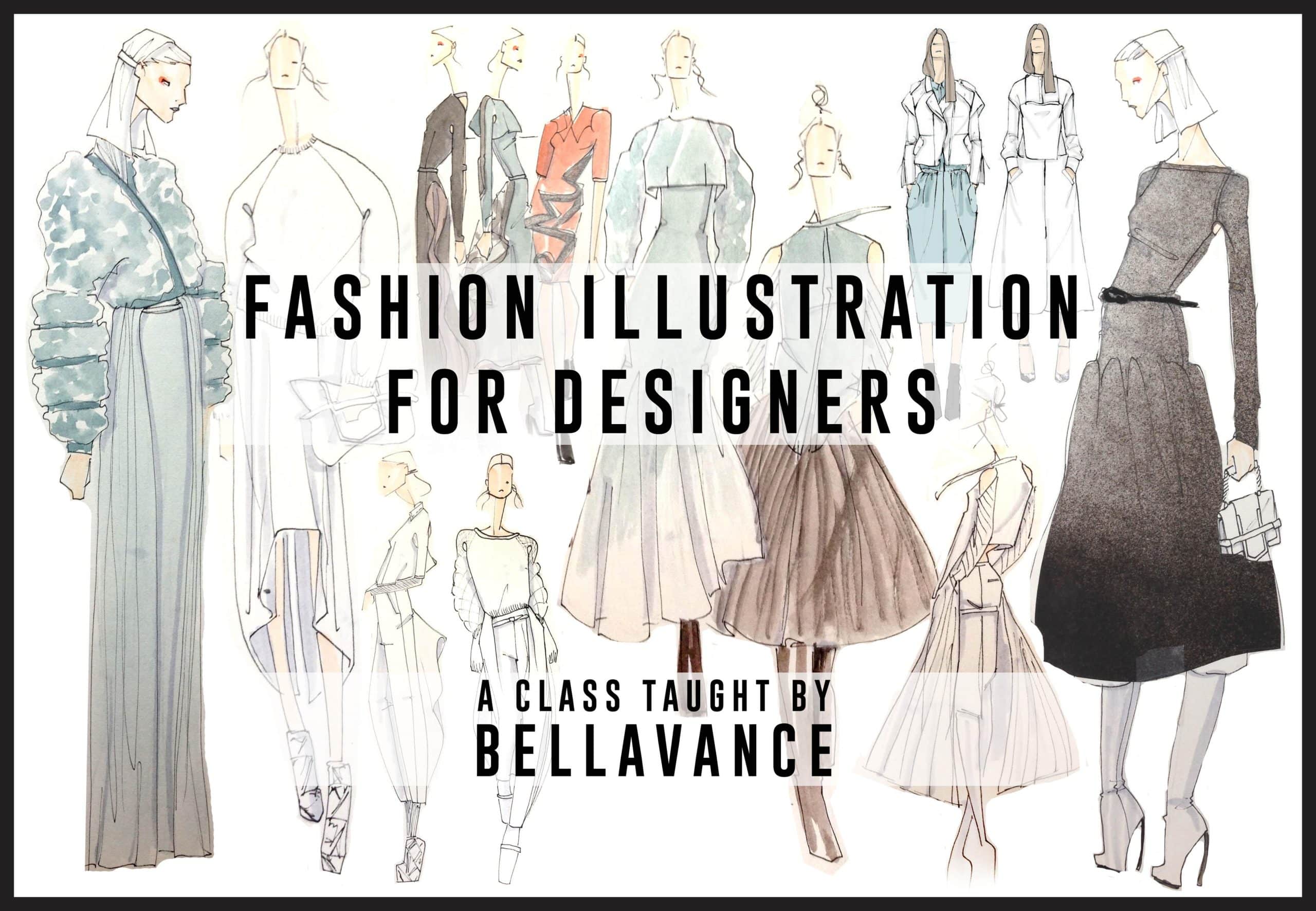How to Get a Fashion Design Concept
1. Research and Inspiration
The first stage in establishing a fashion design concept is to conduct research and seek inspiration. Here are some methods for brainstorming ideas:
Visit Fashion Exhibitions and Shows
Attending fashion events and exhibits can give you with a variety of ideas. Examine the works of prominent designers and keep up with industry trends. Take note of any eye-catching color combinations, fabric selections, or garment silhouettes.

Browse Fashion Magazines and Websites
Fashion periodicals and internet are great places to get ideas. Examine the pages of major fashion magazines, as well as fashion blogs and websites. Examine publications, runway images, and street style photos for inspiration for your own design concept.
Explore Art and Culture
Art and culture can have a significant impact on fashion design concepts. Visit art galleries, museums, and cultural events to become acquainted with various artistic styles and traditions. To produce original design concepts, look for links between visual arts, historical periods, and fashion trends. For fashion website design see here.
2. Create a Mood Board
It’s time to make a mood board when you’ve gathered your research and ideas. A mood board is a visual collage that captures your design concept’s overall look and atmosphere. This is how you make one:
Collect Visuals
Images, photographs, fabric swatches, color samples, and any other visual assets that express your design vision should be gathered. Fashion sketches, images of textures, nature, architecture, and anything else that relates to your concept can be included.
Arrange and Organize
Arrange the collected visuals on a huge board or construct a digital mood board using digital tools. To capture the core of your design concept, experiment with different compositions, groupings, and color combinations. To efficiently arrange and organize the visuals, use pins, adhesive, or digital editing software.
Refine and Edit
Examine your mood board and remove any images that do not correspond to your theme. Make sure the board has a consistent theme and conveys the intended mood and style. If necessary, refine the arrangement until you are satisfied with the final effect.
3. Develop Sketches and Concepts
Begin sketching out your design concepts using your mood board as a visual guide. This is how you should approach this stage:
Experiment with Silhouettes
Investigate several garment silhouettes and shapes that correspond to your design concept. Experiment with proportions, lengths, and volumes to create one-of-a-kind and visually appealing designs. When experimenting with silhouettes, keep functionality and practicality in mind.
Focus on Details
Pay close attention to the elements that will set your ideas apart. Consider decorations, trimmings, buttons, and other items that can be used to improve your outfits. To add depth and visual appeal to your designs, experiment with different fabric combinations and textures.
Iterate and Refine
Continue to iterate and refine your sketches until you are happy with the final design thoughts. Don’t be scared to try new things and push the boundaries. Seek comments from peers, mentors, or industry specialists to gain useful ideas and views.
4. Create Technical Drawings
It’s time to develop technical drawings when you’ve completed your design concepts. Technical drawings contain extensive information about the garments’ structure, sizes, and specifications. Consider the following procedures:
Learn Fashion Illustration Techniques
Learn how to use fashion illustration styles to effectively communicate your design ideas. Concentrate on dimensions, portraying fabrics, and accurately displaying crucial design aspects.
Add Technical Details
Include technical features such as seam lines, stitching, and closures in your fashion illustrations. These insights will assist pattern designers and manufacturers in understanding your ideas’ construction requirements.
Create Measurement Charts
Create measuring charts that define your clothing’ important measurements and size information. This ensures consistency throughout the pattern-making and production processes.
Conclusion
Creating a fashion design concept is a creative and exciting process. You may bring your vision to life by performing extensive research, creating mood boards, sketching design concepts, and creating technical drawings. Remember to keep true to your own personal style while experimenting with new concepts. You will be able to enhance your talents and create interesting fashion design concepts with practice and devotion. https://qualitycareunlimited.com.au/






